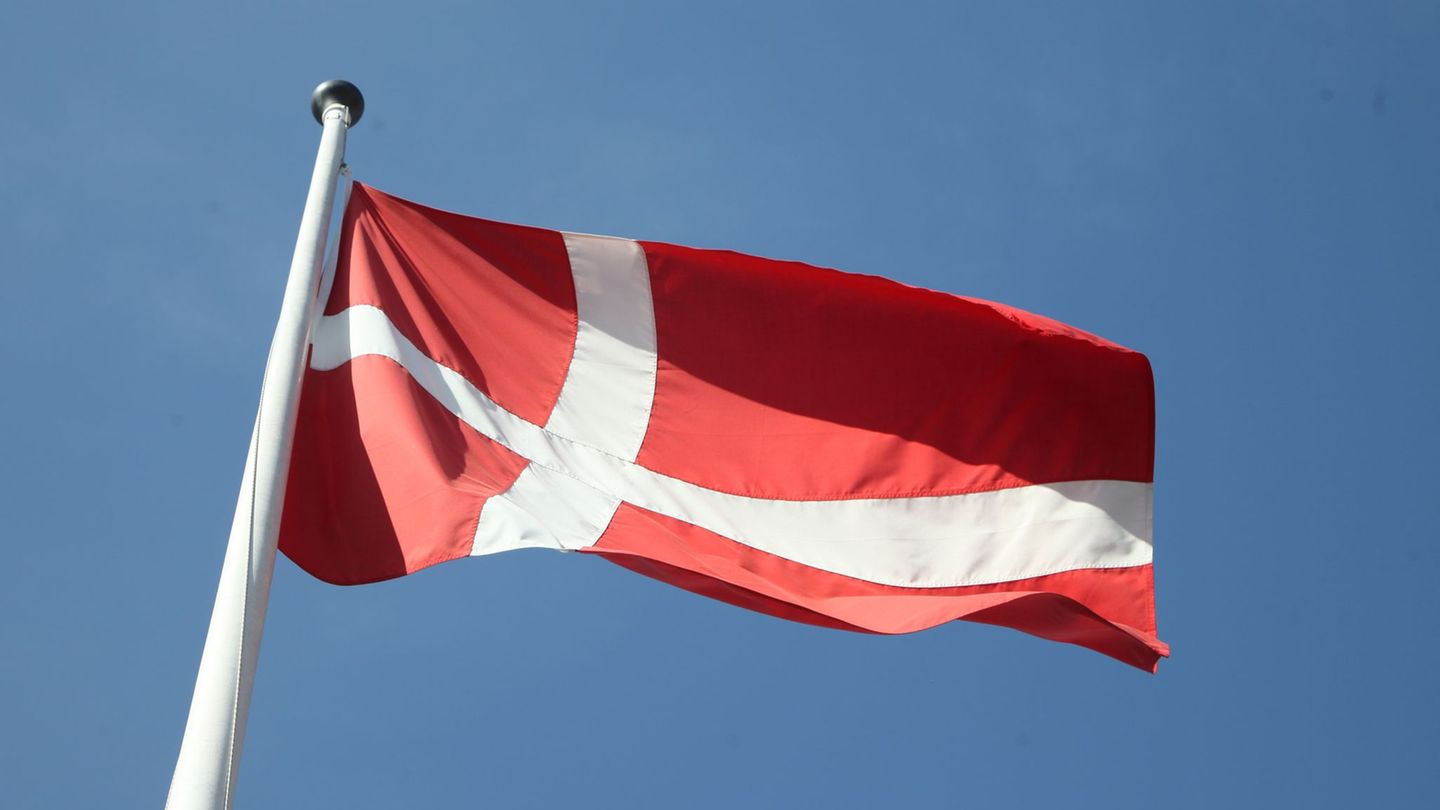Exploratory result
Migration to Citizen Geld: What Union and SPD have agreed
Copy the current link
Add to the memorial list
What is changing with the planned next federal government? The first agreements from the CDU, CSU and SPD give a foretaste.
CDU, CSU and SPD take the next step towards a common government. The exploratory talks have been completed, now the party committees should soon give the green light for coalition negotiations – there it goes into detail. The negotiators have already made the first agreements.
– Citizenship right: The nationality law reformed by the traffic light coalition should continue to exist. The shortened waiting periods for naturalization and the double pass for non-EU citizens should remain.
– Returns: In the future, people who put an asylum application should also be rejected at the land borders – but only in coordination with the neighboring countries. In principle, rejections are only possible where there are stationary border controls. Federal Interior Minister Nancy Faeser (SPD) has successively ordered it for all German land borders in recent years – but if you want to apply for asylum, you can usually enter.
– Tax reform: According to the exploratory paper, the “wide middle class” should be relieved. A reform of income tax is planned. In addition, the commuter flat rate in the tax return is to be increased.
– Overtime: Surcharges for overtime, which go beyond the full -time work that is agreed or based on collective agreements, should be stated tax -free.
– Minimum wage: Union and SPD stick to the independent minimum wage commission. For the further development of the minimum wage, this should “orientate itself to the tariff development and 60 percent of the gross wage of full -time employees”, as it says in paper. “In this way, a minimum wage of 15 euros can be reached in 2026.”
– Citizens ‘benefit: The citizens’ allowance system is to be revised. “We will redesign the previous civil allowance system towards basic security for job seekers,” said CDU boss Friedrich Merz. “For people who can work and repeatedly refuse to work, a complete deprivation of performance is carried out.”
– Gastronomy: The sales tax for food in the catering trade is said to decrease permanently to 7 percent. VAT in gastronomy had already been reduced from 19 to 7 percent in the Corona period, but only temporarily.
– Electricity tax: In order to relieve companies and private households, the electricity tax is intended to drop to the minimum value permitted in the EU. This should lead to relief by at least five cents per kilowatt hour. The Union and SPD also want to halve the transmission network charges, part of the electricity price.
– E-cars: In order to boost the slow demand for electric cars again, the Union and SPD are planning “a buying incentive” again. An existing purchase bonus had been stopped by the traffic light coalition at the end of 2023 due to budgetary needs, after which the demand decreased noticeably.
-Agriculture: The one for agrardiesel gaps for farmers decided by the traffic light coalition is to be tilted.
– Local transport: The popular Germany ticket for buses and trains comes to the table in the coalition negotiations – advice on “The Continuation” beyond the end of the year.
– Pension: If you continue to work voluntarily in the pension, you should be able to earn tax -free up to 2,000 euros a month. The so -called mother’s pension is to be expanded: Three instead of a maximum of two and a half educational years, as previously born before 1992, should be counted towards the pension.
– Care: In view of the increasing billion dollar costs, the Union and SPD want to get “a large nursing reform” on the way.
– Rental price brake: The rental price brake should initially be extended for two years. This instrument for tenant protection would otherwise have expired at the end of 2025.
– Value right: A new reform of the only changed Bundestag voting law should be checked. There was above all criticism because some direct candidates who won their constituency on February 23 did not receive a mandate.
dpa
Source: Stern
I have been working in the news industry for over 6 years, first as a reporter and now as an editor. I have covered politics extensively, and my work has appeared in major newspapers and online news outlets around the world. In addition to my writing, I also contribute regularly to 24 Hours World.




